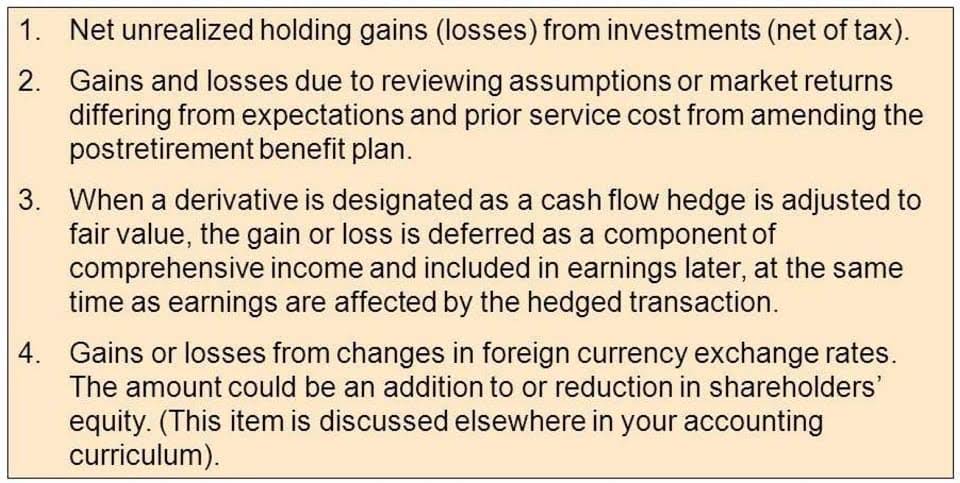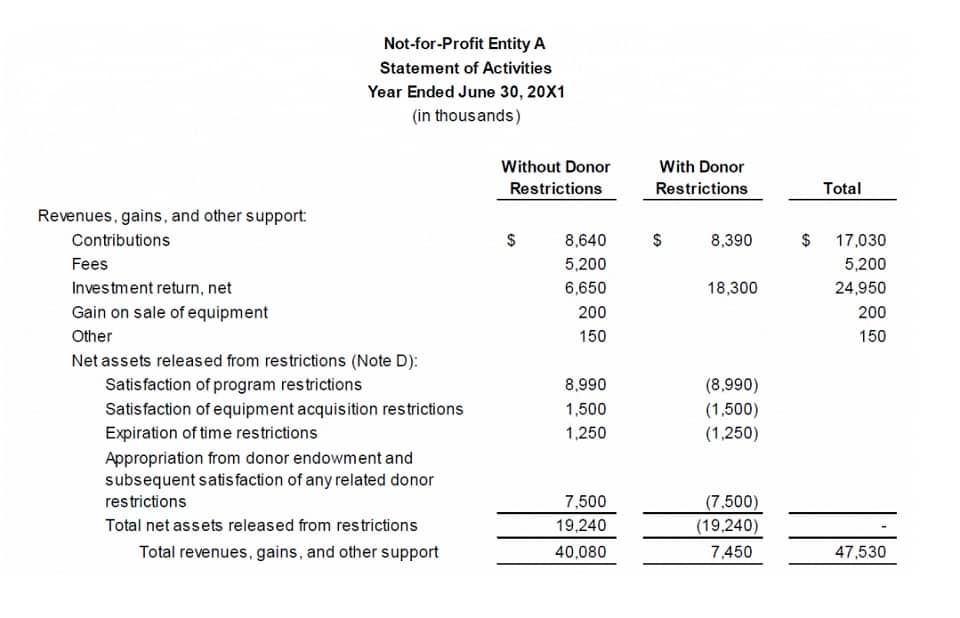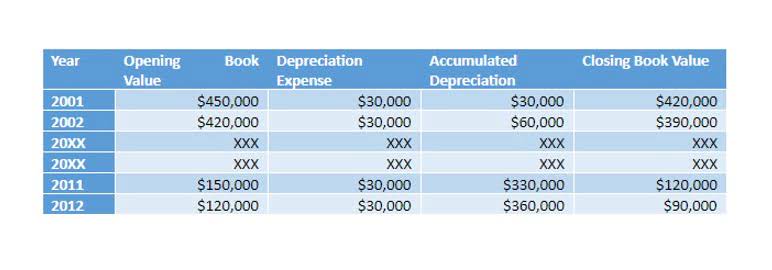
All such information is https://www.bookstime.com/ provided solely for convenience purposes only and all users thereof should be guided accordingly. Shaun Conrad is a Certified Public Accountant and CPA exam expert with a passion for teaching. After almost a decade of experience in public accounting, he created MyAccountingCourse.com to help people learn accounting & finance, pass the CPA exam, and start their career.
How confident are you in your long term financial plan?
- Tracking of payments can be accomplished through the use of checks, which provide both a paper trail and evidence of payment.
- Businesses must track outstanding items to avoid breaking unclaimed property laws.
- From a legal standpoint, the failure to reconcile outstanding checks can be seen as negligence in financial record-keeping, potentially leading to disputes with payees who may claim non-payment or delayed payment.
- The difference between the balances of the cash book and bank statement caused by unpresented checks is only temporary.
- A check is a financial instrument that authorizes a bank to transfer funds from the payor’s account to the payee’s account.
- The payor, or person with the checking account, writes a check to the person they want to pay in the payment amount.
Regular reconciliation ensures accuracy in financial reporting and helps prevent potential cash flow issues. When a company issues a check, it reduces the balance in its bank account by the amount of the check. However, until the payee presents the check to the bank and the bank debits the company’s account for the corresponding payment, the check is considered outstanding. It is important for companies to keep track of outstanding checks in order to maintain accurate financial records and ensure that the cash balance reflects the true amount of funds available. Navigating the complex landscape of outstanding checks can be a daunting task for any business.

Why You Can Trust Finance Strategists
Alternative investments are often sold by prospectus that discloses all risks, fees, and expenses. They are not tax efficient and an investor should consult with his/her tax advisor prior to investing. The value of the investment may fall as well as rise and investors may unearned revenue get back less than they invested. As a result, your available balance may not reflect the actual spendable cash, leading to a misinterpretation of your financial standing. As long as you know not to spend money promised to someone else, avoiding expensive consequences such as overdrafts or insufficient funds fees is possible.
What is the approximate value of your cash savings and other investments?
This presents a thorny situation—two checks might be circulating for a single payment. If the old check is deposited, your bank might honor it, and you could consequently end up paying double. Outstanding checks that remain so for a long period of time are known as stale checks. Outstanding checks also have the risk of being used in fraudulent conduct. Someone else could be able to change the payee name or the amount if a check is misplaced or stolen before it is taken to the bank.
Consequences of Not Managing Outstanding Checks
They straddle the line between the company’s internal records and the bank’s records, often leading to discrepancies that can obscure the true financial position. From the perspective of an accountant, these checks are a reduction in the cash balance of the company’s books, yet they do not affect the bank balance until cashed. This timing difference is critical as it can significantly impact the cash flow statement and the balance sheet. For auditors, outstanding checks are a red outstanding check definition flag for potential cash flow issues or even fraudulent activities.

From the perspective of an accountant, the identification of these checks is a safeguard against fraud and errors. For a business owner, it’s about having a clear picture of their cash flow and avoiding overdraft fees. And for auditors, it’s a necessary step in verifying the integrity of financial records.
- By diligently monitoring and reconciling outstanding checks, companies can make informed financial decisions and ensure their financial stability and success.
- If that doesn’t work, send a letter informing payees the check has not been presented and officially request they notify you if they have not received the payment.
- By learning from these case studies, organizations can implement best practices that suit their unique operational needs and avoid the pitfalls of unreconciled transactions.
- Regular reconciliation ensures accuracy in financial reporting and helps prevent potential cash flow issues.
- On the other hand, for the recipient, an outstanding check may be seen as an asset, albeit one that cannot be utilized until it is cashed.
What to Do About Outstanding Checks

The reconciliation of these transactions is crucial for maintaining accurate financial records and ensuring fiscal responsibility. From the perspective of an accountant, the meticulous tracking of each check is essential to prevent financial discrepancies. On the other hand, a business manager might emphasize the importance of resolving outstanding checks to maintain healthy cash flow and vendor relationships. Both viewpoints highlight the multifaceted nature of managing unreconciled transactions.

Successful Navigation of Outstanding Checks
Imagine a scenario where Sarah, a small business owner, writes a check for $800 to pay for monthly rent on her office space. She records the transaction in her accounting system by debiting rent expenses and crediting cash. Alex always buys mobiles from a wholesale dealer in New York for a lower price and higher margin after selecting the models and transport medium for the mobiles to be transported from New York to Texas. He issues an outstanding check, valid for one month, upon the delivery of the mobile shipment from the dealer to the shop. The wholesale mobile dealer promptly presents the outstanding check to their bank and encashes it for credit to their account. They may face delays or degradation if not delivered on time and, hence, must ensure that the payor or check issuer keeps the amount available for clearing the yet-to-be-presented check at the bank.
